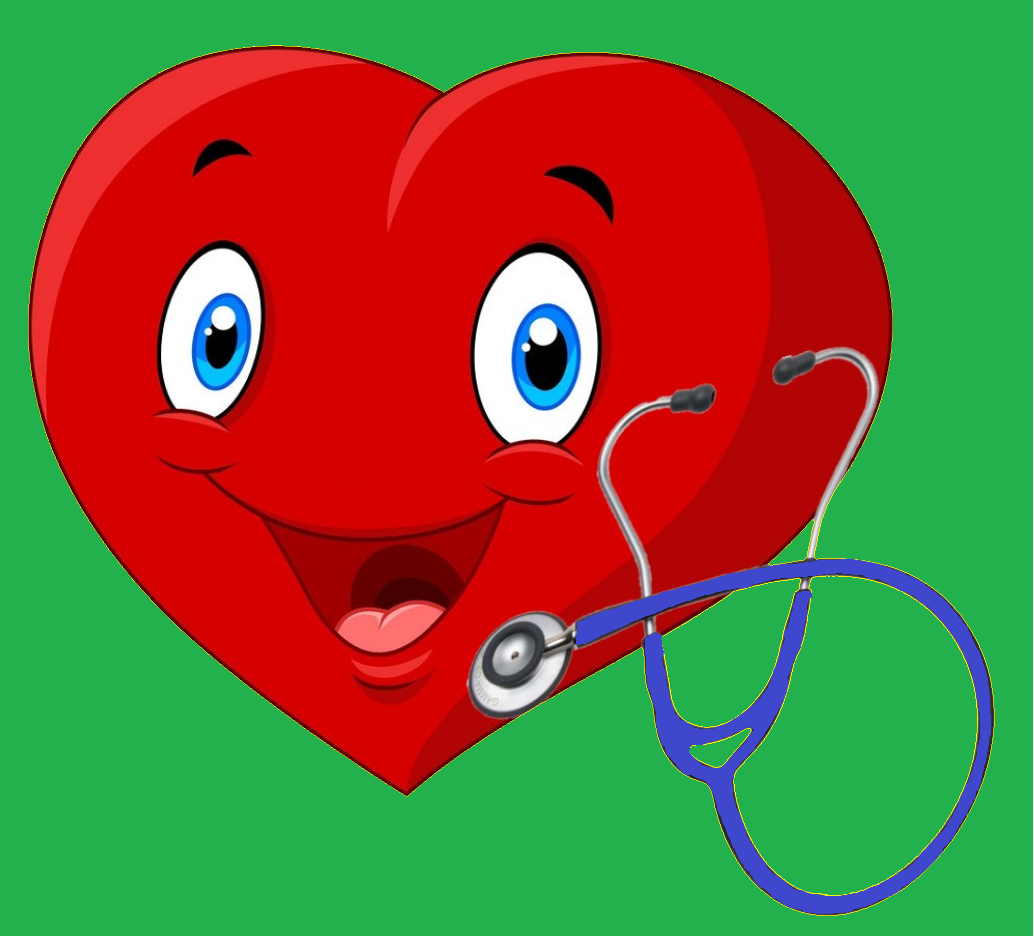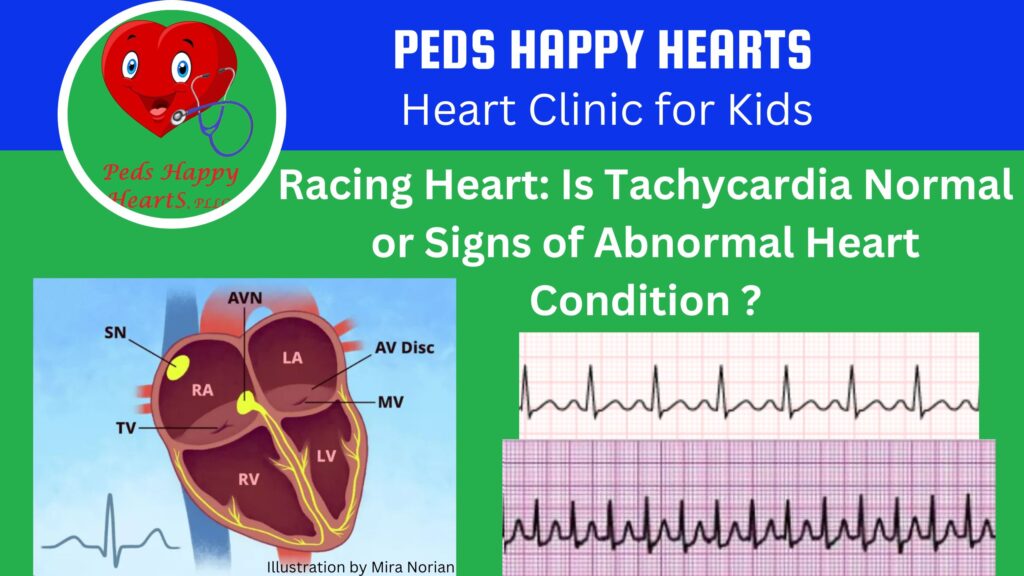Have you ever felt like your heart is racing out of control? It’s important to pay attention. A rapid heartbeat could be a sign of tachycardia, a condition that can have serious health consequences if left untreated. Don’t ignore the warning signs – take action to protect your heart health. Let’s dive into the details of common causes, symptoms, testing, and treatment of tachycardia to ensure you have the knowledge to make informed decisions about your well-being.
Causes of Tachycardia:
Tachycardia can be caused by several factors, including:
1. Abnormal heart rhythms such as supraventricular tachycardia (SVT), ventricular tachycardia, atrial flutter, atrial fibrillation
2. Heart disease
3. Stress and anxiety
4. Physical exertion
5. Caffeine and nicotine consumption
6. Medications (ex. stimulant for ADHD)
7. Thyroid problems
8. Electrolyte imbalances
9. Infections
Symptoms of Tachycardia:
The symptoms of tachycardia can vary depending on the individual and the underlying cause of the condition. However, the most common symptoms include:
1. Heart palpitations
2. Rapid heartbeat
3. Shortness of breath
4. Chest pain or discomfort
5. Dizziness or fainting
6. Fatigue
7. Sweating
8. Nausea
Diagnostic Test:
Your doctor may recommend a blood test to determine the cause of your symptoms. Still, they may also recommend additional cardiac testing to ensure that you get the most accurate diagnosis possible.
- An Electrocardiogram (ECG) can help evaluate your heart’s electrical activity and identify any abnormal rhythms that may increase your risk of heart problems.
- Meanwhile, a heart monitor such as a Holter or event monitor or a mobile cardiac telemetry (MCT) monitor can help record your heart rate, rhythm, and activity over 24 hours up to 30 days to ensure that your doctor has all the necessary information.
- Another test that may be recommended is an echocardiogram, a type of heart ultrasound that assesses the anatomy and function of your heart before any invasive heart procedures.
- Finally, a stress treadmill test can help measure your heart rate, rhythm, and electrical conduction during exercise and can help diagnose certain heart conditions.
Treatment:
Treatment for tachycardia will depend on the cause and severity of the condition. Some common treatment options include:
1. Lifestyle changes, such as reducing stress, avoiding caffeine and nicotine, and getting regular exercise
2. Medications such as beta blockers to control heart rate and rhythm
3. Electrical cardioversion, a procedure that uses electrical shocks to restore normal heart rhythm
4. Catheter ablation, a procedure that destroys abnormal heart tissue responsible for the rapid heartbeat
5. Implantable cardioverter-defibrillator (ICD), a device that delivers electrical shocks to the heart to restore normal rhythm
Tachycardia can be a scary and uncomfortable condition, but it is treatable. Early detection is vital to successfully managing any heart condition. So, don’t hesitate to talk to your doctor about getting the proper tests to ensure a healthy heart.
For an evaluation, please get in touch with Peds Happy Hearts at 406-272-2376 or schedule online.


